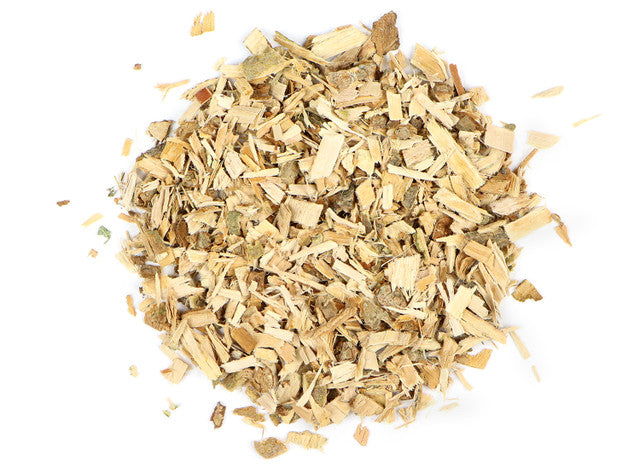
Healing Herbals
White Willow Bark
White Willow Bark
Couldn't load pickup availability
White Willow Bark | Healing Herbals
Our White Willow Bark is carefully selected and processed to maintain its ancient place in traditional herbal use. For generations it has been an esteemed plant in folk tradition and imparts a sense of heritage and natural affinity to those who use it. Each batch is carefully maintained to preserve the integrity and authenticity of the bark. Product
Features
- Grounded in a historical tradition of use
- Harvested with respect for purity and quality
- Maintains the natural qualities of the plant
- A considerate addition to any herbal regimen
At Healing Herbals, we're honored to offer botanicals that reflect tradition and meticulous preparation. White Willow Bark is a simple yet rich means of accessing traditional plants.
FDA Disclaimer
These statements have not been evaluated by the Food and Drug Administration. This product is not intended to diagnose, treat, cure, or prevent any disease.
Share


Here at Healing Herbals Store
We carefully select suppliers who share our commitment to environmental stewardship and minimize waste through eco-conscious or reused packaging whenever possible. We prioritize supporting fair labor practices and are currently investing in regenerative farming methods, so every product reflects our dedication to both quality and the health of our planet. Shop now!

